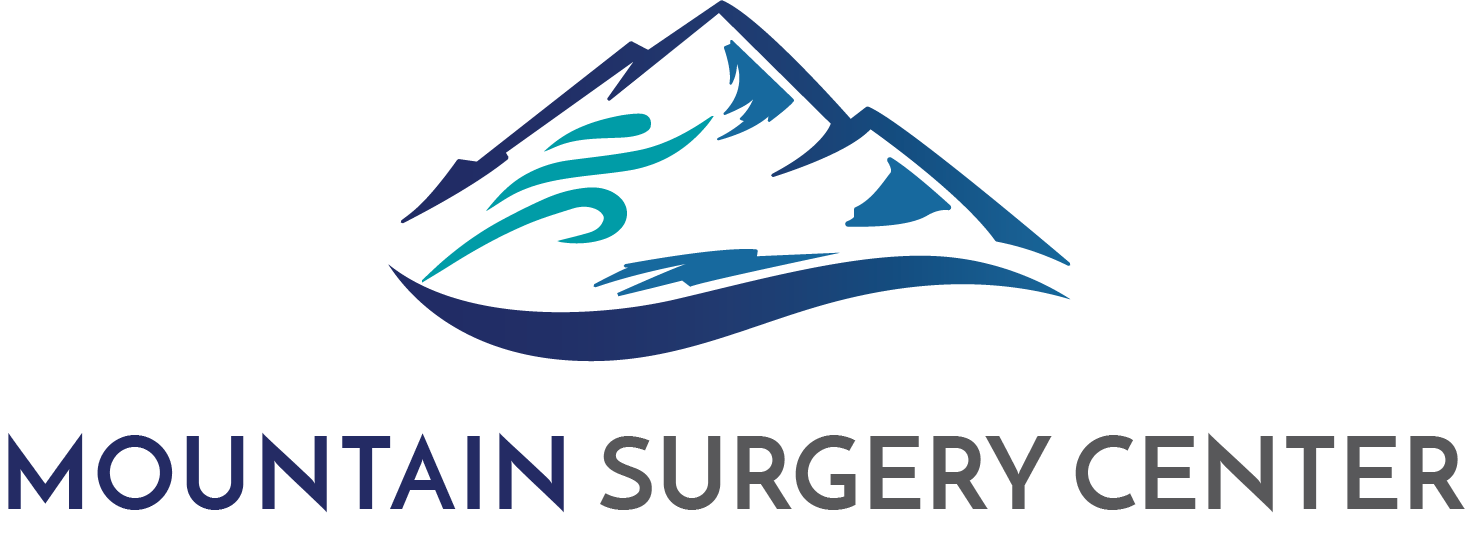Mountain Surgery Center Tips for Maintaining a Healthy 2019
Happy 2019 from the Mountain Surgery Center team! January has come and gone and it's now February 2019 is now in full swing. Some resolutions may have fallen off the wayside and some are hopefully still around! The team wanted to share some tips that will be helpful all year round.
As many of our cases are spine and back related we wanted to share some quality tips for improving your quality of life whether you have had surgery or not:
Working on your core. The core is an important aspect of spinal health and is often referred to as the body's stabilizer. A strong core can improve posture and "when back pain strikes, a regimen of core exercises is often prescribed to relieve it, coupled with medications, physical therapy, or other treatments if necessary" (Harvard Health). Core and posture are intrinsically tied. Better posture allows for deeper breathing and is easier on your spine. Be aware of possible slouching.
Keeping your cognitive abilities in mind. Physical exercise is absolutely important but so is your cognitive exercise. In fact, physical exercise can positively contribute to a sharper mind. As well, the following tips can help you fight against Mild Cognitive Impairment. According to Harvard Health "Giving your brain a workout through education and with mental challenges like puzzles and games can help, too. In addition, the guide explains how a traditional Mediterranean diet can lower the risk of MCI and slow the progression of dementia in people who have the condition." More on the Mediterranean diet, this diet entails fruits, rich green vegetables, whole grains, beans, nuts and seeds, and olive oil, and includes moderate amounts of fish, poultry, and dairy products, while limiting red meat and alcohol. In addition to lowering cognitive decline risks, this diet has also been noted to lower the risks of specific cancers such as breast cancer.
Specific Exercises. The best exercises aim to control your weight, improve balance and joints, strengthen your core, and keep your bones active. On top of the list is Swimming.
Swimming is a fantastic exercise option for all ages as the exercise and motions are gentle on the bones and can ease joint pain while getting a workout that works the majority of your muscles.
Walking, it doesn't have to be running. Simple walking is very effective in strengthening bones and keeping good cholesterol levels as well as aid in memory retention as you age. Harvard Health recommends walking 30 to 60 minutes a day or most days. Another top exercise recommended, for all ages but especially for older folks is Tai Chi which is more of a low impact yoga-esque exercise that emphasizes gentle strengthening, but instead of on the ground exercise it is mainly isolated to standing positions. Tai Chi promotes balance, which in older age is something that can prevent catastrophic falls and bone breaks. According to Stanford Medicine, a JAMA study found it was "encouraging to see that it reduces falls by 58 percent compared to the stretching exercises and 31 percent compared to a multimodal exercise intervention." Also, Tai Chi is very modifiable on many levels, which allows people to start from sitting on a chair and gradually advance to the standing positions. This is helpful for the elderly that may want to ease into the standing positions if falling is a high concern, allowing them to gain the confidence and greater strength ability to stand and perform the Tai Chi movements.
The Mountain Surgery Center Team hopes the above tips will be helpful for you to keep in mind as you start a positive, productive, and healthy 2019! Please feel free to share your health tips with us in the comments below!



